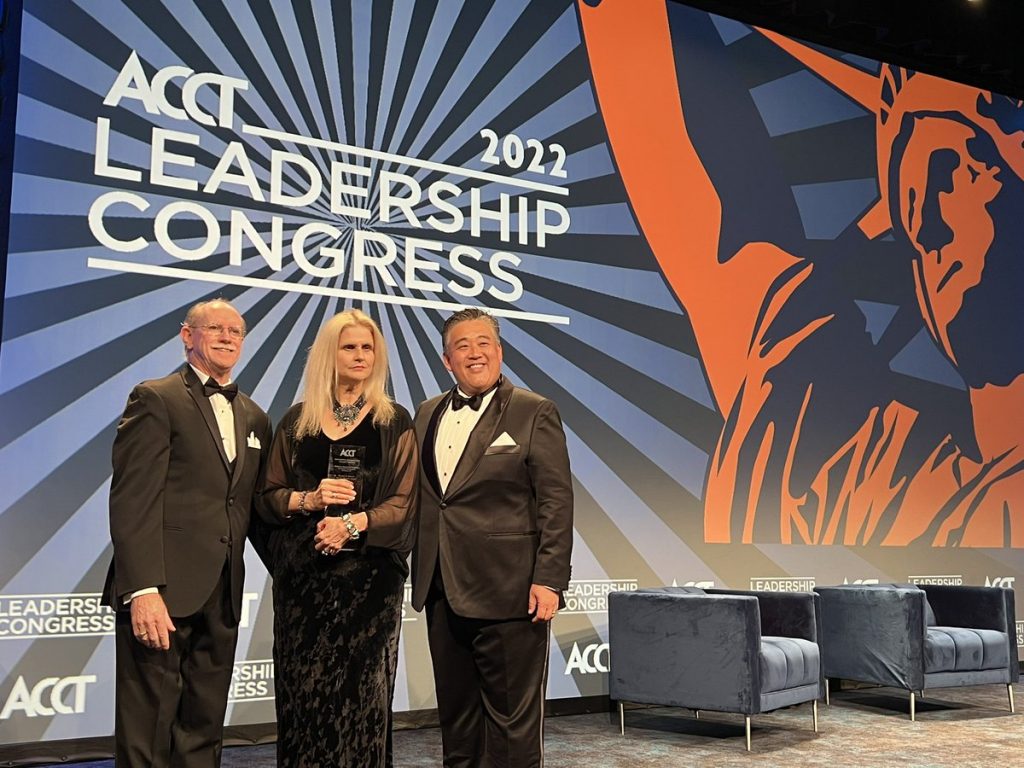To intern or not to intern? It’s a pretty serious question for a community college student. Then the next question is, should you insist on being paid? Let’s break down all the possibilities, and leave it for you to decide.
What Is an Internship?
An internship is a paid or unpaid work opportunity at an outside employer, usually done for credit (but not always), that is related to your major course of study and should give you a taste of what to expect when you graduate and enter the white-collar work world. Some students do an internship and realize they don’t like this field, saving themselves valuable time as they can now alter their pursuits; others make professional connections and may even land a full-time job at the place where they had interned after graduation. Internships help bolster your resume.
Your Internship Office
Community colleges usually have a person or multiple people in charge of internships; however, they don’t publish nearly as many opportunities as a four-year college, so you may have to be more proactive to land a “dream internship.” Second, it may be harder to negotiate credits for a community college internship, and, if you do, these credits may or may not transfer cleanly when you head to a four-year college. You may decide to just intern less formally, not for credit, in community college and more formally upon transfer. Some students also find informal internship opportunities through their professors – ask them for advice! On a resume, whether or not an internship was for credit does not matter; though some college majors require you perform a credited internship.
Should You Get Paid?
Experts we contacted were adamant that you should seek a paid internship. However, this question isn’t as easy to answer as that. According to the National Association of Colleges and Employers, approximately 40% of internships are unpaid; non-profits and government agencies do not have to pay, by law, though many do. Private companies are required to pay at least minimum wage, unless they can prove that their internship experience is 100% education related and aligns with a college academic program. Some private companies may be skirting the law a bit.

“Most interns are still in college or recent grads. Many hold down part-time, low-paying jobs as waiters, baristas, cashiers, etc. The internship is a needed financial adjunct while they are in school,” said Susan M. Tellem, a partner in Tellem Grody PR, Inc., a firm that does pay interns. “Today, when college expenses are skyrocketing, doing an unpaid internship on top of a minimum wage job seems just plain mean.”
According to the NACE’s”Class of 2017 Student Survey Report,” the typical paid internship offers $18/hour. For those private companies that do pay at least minimum wage, however, you may be required to do non-academic-related work – say fetch coffee, clean up or park cars. For private companies that offer unpaid internships or stipends – and follow the law – you won’t have to do any of that menial labor. Though the problem is, many private employers are offering unpaid internships and then treating the students like a slave labor pool.
Tellem added: “With the economy in the toilet and college grads trying desperately to find jobs that do not exist, employers should carefully examine their legal and moral obligations to these young people.”
Too, many people believe that unpaid internships favor students from wealthier families, who not only can allow their children to essentially work for free, but to also pay for their room and board in some place like Manhattan. Unpaid internships may also skew to favor white students, based on such economics.
Can You Get Internship-Like Experience in Other Ways?
Sure. You could volunteer your degree-related efforts for a local non-profit during winter and summer breaks. If you would like to get paid, you can do work such as freelancing. On campus, you can join any hands-on club or class that is relevant – the school paper, the auto repair class, the radio station, etc. These experiences can be written up on your resume in a way that shows what take-away skills you gathered from these practical experiences.
Internships and Transfer
It’s particularly hard for community college students to transfer and still fit in a decent internship. First, usually a community college student transfers in liberal education courses – not major courses – so will have to be brought up to speed by the four-year program first – that may make graduating on time more difficult. Second, community college students largely have to work hourly service jobs to help pay their expenses – the idea of doing an exotic internship – especially for free – may not be feasible.
“[We believe] that all interns should be paid, whether they work for corporations, non-profits, or government agencies,” said Steven Rothberg, President and Founder of College Recruiter. “To the employers who claim they cannot afford to pay their interns, they need to understand or admit that the vast majority of students cannot afford to work for free. They need to pay for school, rent, and food. The Fair Labor Standards Act is in-place to protect these and other employees from each other and employers who are willing to pay less than the minimum wage.
If you can’t schedule an internship during your first four years of study, you may have to perform a post-graduation internship instead – essentially, this is an apprenticeship the summer after you graduate.
However, if you can fit in an internship, whether paid or unpaid, formal or informal, during your college years, your job prospects may widen upon graduation.
According to a 2014 report by the National Association of Colleges and Employers, 65 percent of students who did a paid internship for a private company got a job offer prior to graduation, and it was a higher salary offer than for others. This compares to just 40 percent for those who did an unpaid internship and 39 percent who did no internship.





Facebook Comments